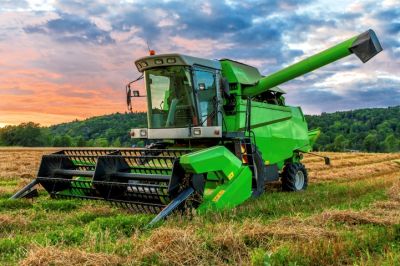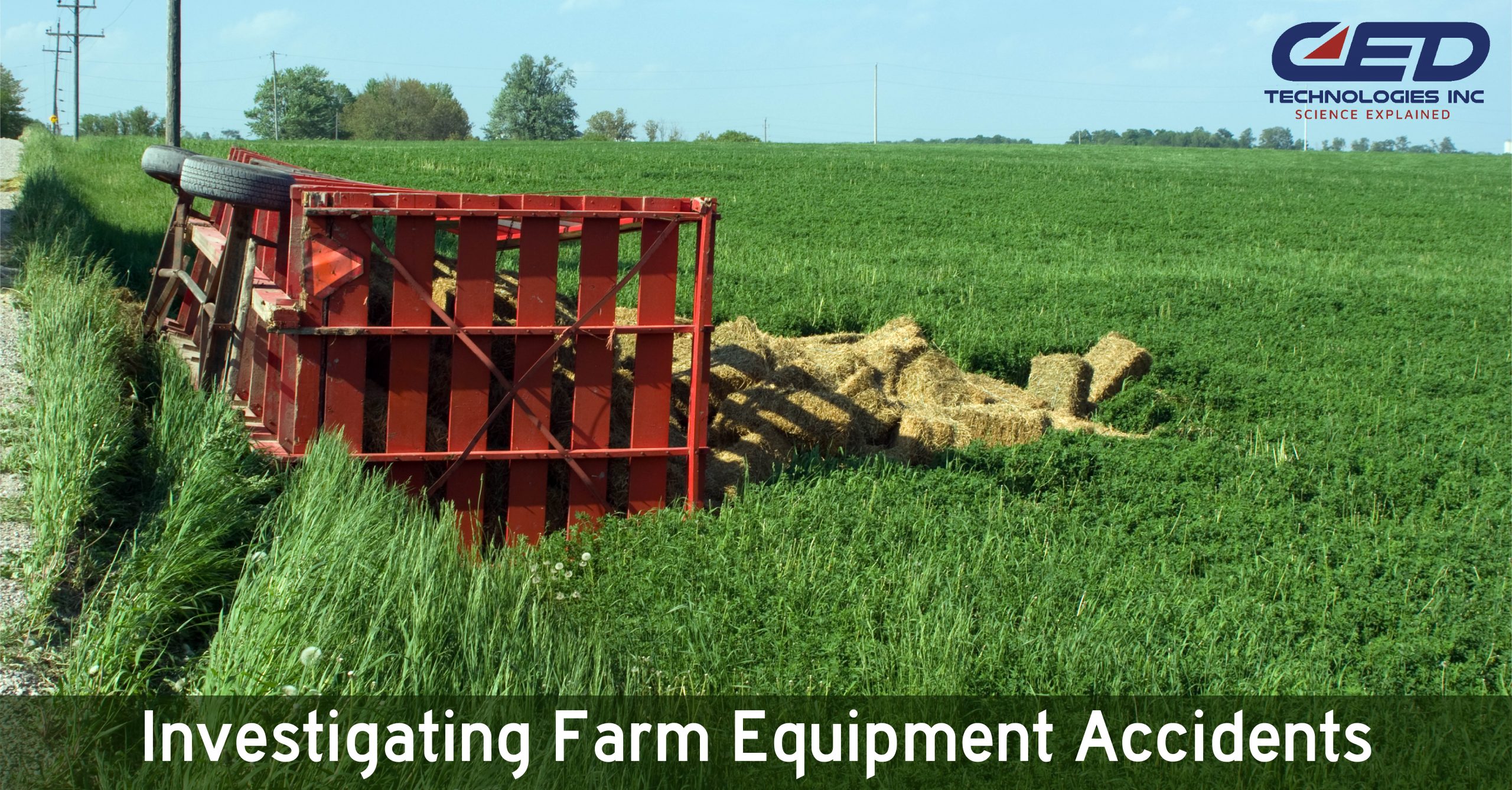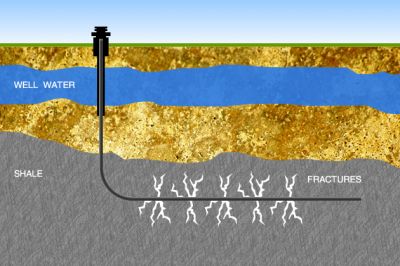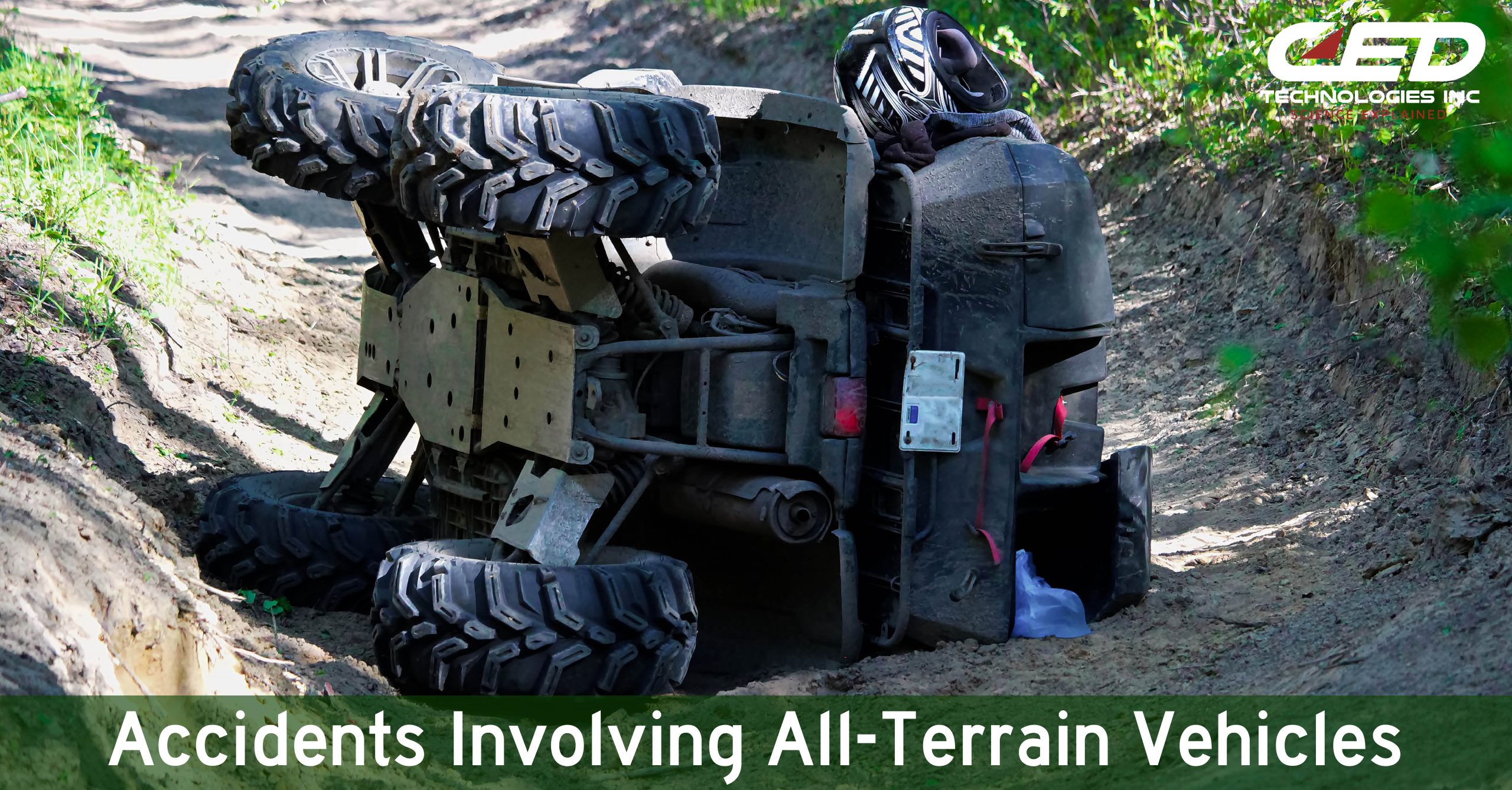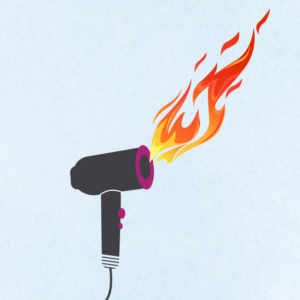Agricultural or farm equipment can range from small, relatively inexpensive all-terrain vehicles (ATV's) used to inspect fences or livestock up to very expensive mobile pieces of industrial equipment, such as cotton pickers, grain harvesting combines, or four-wheel-drive tractors. Like other industrial machinery, farm equipment can suffer from mechanical and electrical failures and fires, as well as incidents involving careless or untrained operators. In addition, just like other industrial equipment, farm implements need to be properly operated and maintained in accordance with the manufacturer's directions to prevent problems in the field or in the maintenance shed.
The flexible hydraulic hose or fuel line that the operator knew was beginning to deteriorate can lead to a burned piece of equipment in the field if a pinhole leak develops and sprays high pressure fluid in a mist onto a hot component. The operator that attempts to free debris from a running piece of equipment, whether it's a hay baler in the field or a grain auger near the silo, can suffer serious injuries or death as a result of not taking the extra time to first properly shut down and safeguard the machine.
In addition, because farm equipment is mobile, it can be involved in motor vehicle accidents, both single vehicle as well as multi-vehicle. A tractor or an ATV operating on uneven terrain can roll over if the operator doesn't take the proper care with either direction or speed. The rollover might result in only damaged equipment, but it can just as likely result in serious injuries to the operator. Farm equipment in transit between fields on country roads can be involved in collisions from other, faster-moving vehicles that fail to recognize the equipment's width with respect to the travel lane or the equipment's significantly slower speed, regardless of the large, reflective low-speed triangles on the machinery.
Despite the variety of the types of incidents that can occur to agricultural machinery, a careful investigation by an experienced engineer can result in an accurate determination of the cause of the accident. A review of equipment service records can show if any component had recently been serviced or replaced. An examination of the equipment itself and the area where the incident occurred can greatly assist in the investigation. Do the marks on the soft ground at the accident scene indicate the ATV rolled due to uneven terrain or because of a too-abrupt steering input by the driver? Are there visible tire marks to indicate heavy vehicle braking prior to the pickup colliding with the tractor on the two-lane country road? Do the burn patterns on the ground and on the remains of the hay baler point to a specific area of origin of the fire? Are witness and operator statements consistent with the physical evidence of the incident, or are there conflicts that need to be resolved?
Trained and experienced engineers can assist you in the investigation of farm equipment accidents and provide the understanding of what occurred. CED engineers have that expertise.
Featured Engineer: Thomas E. Saunders, P.E. Senior Mechanical Engineer
